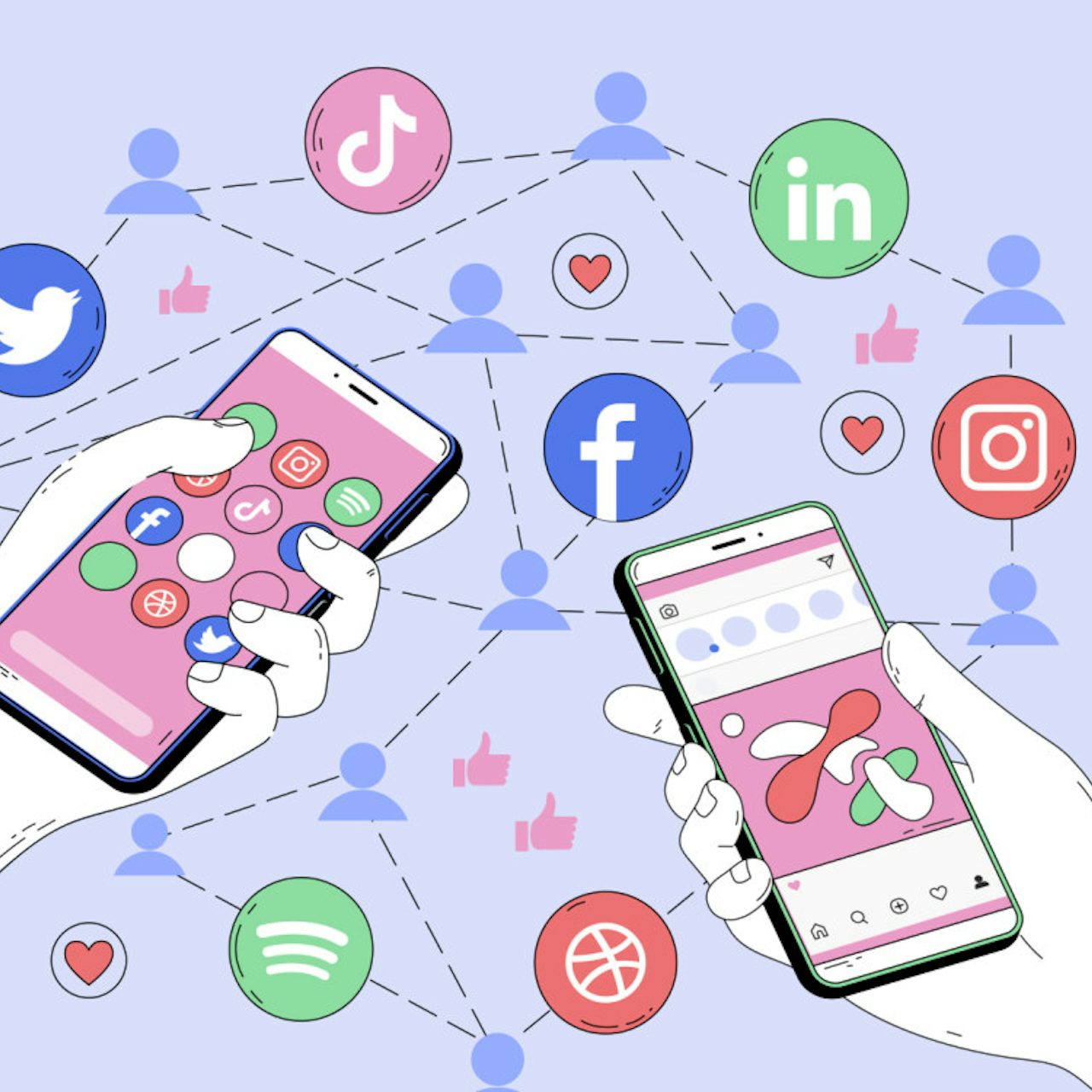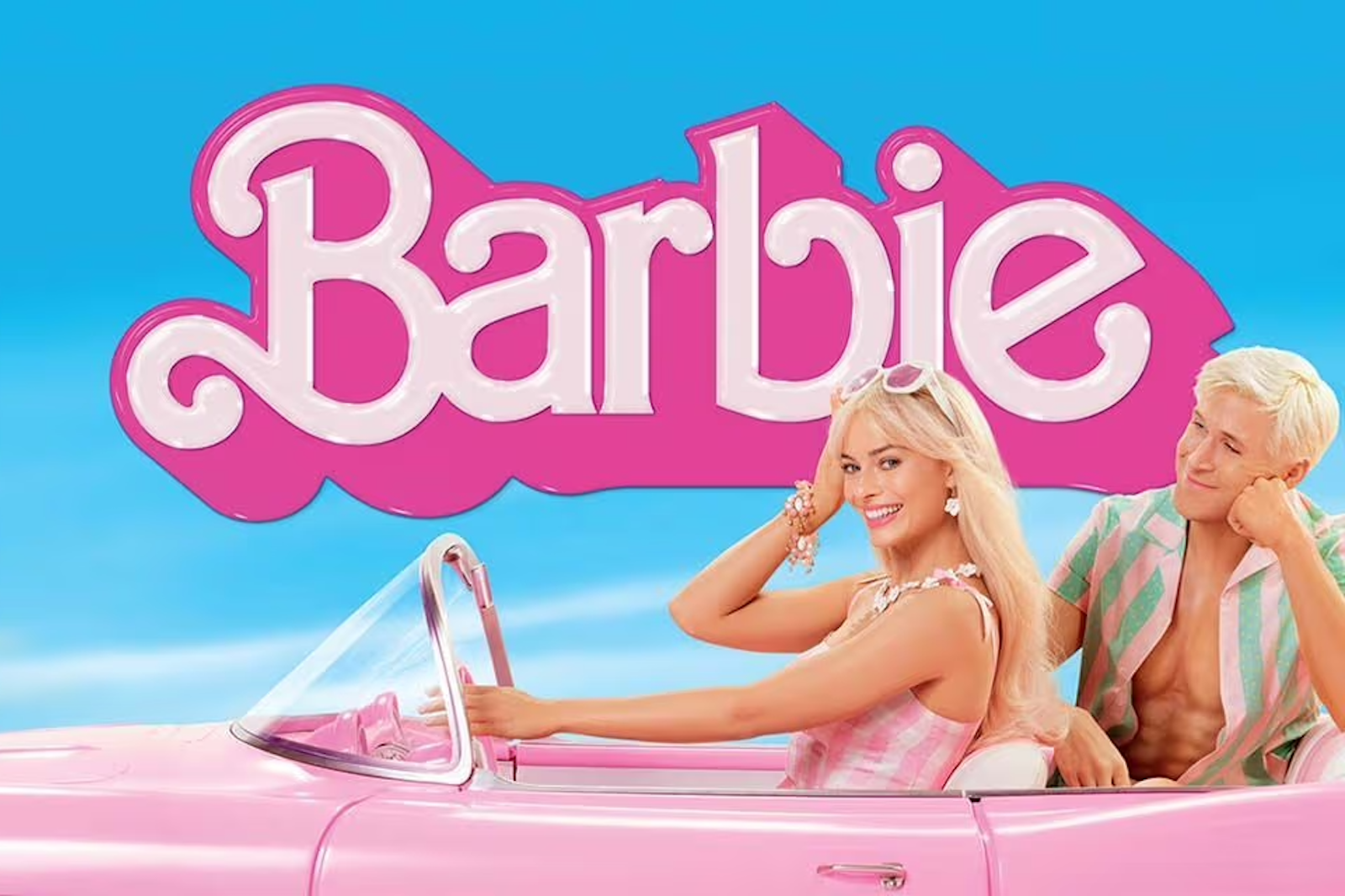When discussing the eight values of free expression, one point was made very clear: it is not only beneficial but vital to the health of a society and democracy that individuals are able to freely express themselves in whichever way they may choose.
I know we continuously discuss the importance of the First Amendment, but we'd truly be living a different lifestyle without it. I would even argue that it is the keystone that holds the arch of our nation together.
A Marketplace of Ideas
John Milton discusses a marketplace of ideas, one where all ideas freely flow no matter if they would be classified as good or bad. As a "free nation," the most contradicting idea would be a monopoly of thoughts and opinions, where the government has the power the filter what ideas can be expressed. The First Amendment protects the right of each individual to freely speak, worship, petition, and assemble; therefore, Milton argues no idea should be censored. Even if it is a bad idea.This is a value that we can all observe today, especially through the content we create and post through social media platforms. Unlike any time period before, individuals hold an incredible amount of power in their finger tips and in their voice. Although not every idea or opinion would be classified as "good," Milton argues that a true marketplace of ideas must have a free flow of competing opinions so that the stronger arguments can shine through.
"When truth and falsehood are allowed to freely grapple, truth will win out and grappling makes the truth even stronger," Milton claims.
Individual Self-Fulfillment
The easy access individuals have to social media can also be considered when discussing the value of individual self-fulfillment, or otherwise known as self-actualization. C. Edwin Baker presents the theory that free speech enables individuals to express themselves and thereby create their own identity.
This value resonates with the attitudes and beliefs of my generation especially. We constantly emphasize the value of uniqueness and encourage others to be themselves; however, we have also created somewhat of a double standard. If you don't look and act like every other person, do you really meet societal standards? Are you truly accepted by those around you if you're not a carbon copy of every other girl or boy your age?This double standard was the premise of the film "Barbie" released last year that dissected the doll's standing in the world and how it relates to the ways in which we construct our own identities. The film was well-received by many women who felt they could relate to the pressures they face from society to always act and speak a certain way.
C. Edwin Baker argues that free expression is a necessary aspect of human dignity, agency and autonomy. His theory is important, if not the most, when it comes to free expression. We as humans must have the ability to make our own decisions about how to feel, look, act, speak; otherwise, we will never be able to reach the level of self-actualization.
Promotion of Innovation
Similarly, Jack Balkin discusses the value free expression has in promoting innovation within a society. He argues that a community in which free speech is valued and protected is more likely to be energized, creative and interesting.
I found this theory interesting because I had never really considered the impact protected speech has on creativity and innovation, but it honestly made sense. When we think of countries whose citizens lack the ability to freely express their thoughts and opinions, such as North Korea, Cuba, Syria, we see an underdeveloped society. We see a society that is oppressed and metaphorically stunted in its growth.In the United States, we are technologically and socially advanced because of our protected rights under the First Amendment. According to Balkin, U.S. citizens are able to actively fulfill themselves in many diverse and interesting ways. This self-fulfillment produces a society which thrives off of the free flow of ideas leading to growth, evolution and innovation.




No comments:
Post a Comment